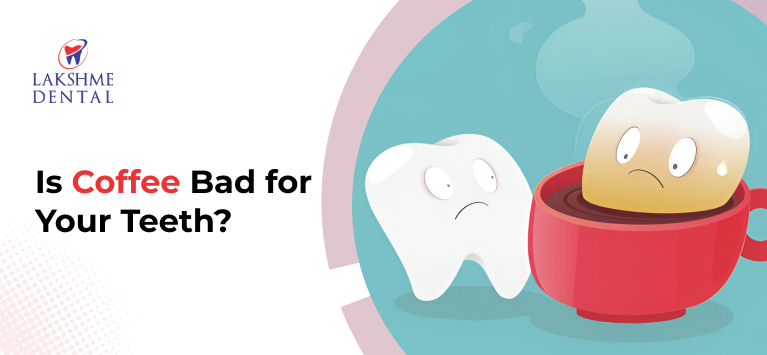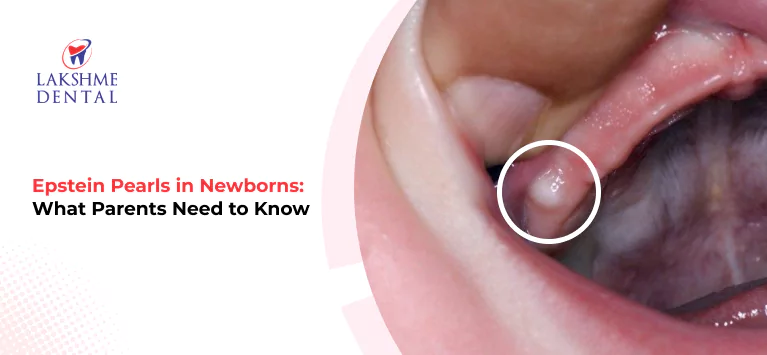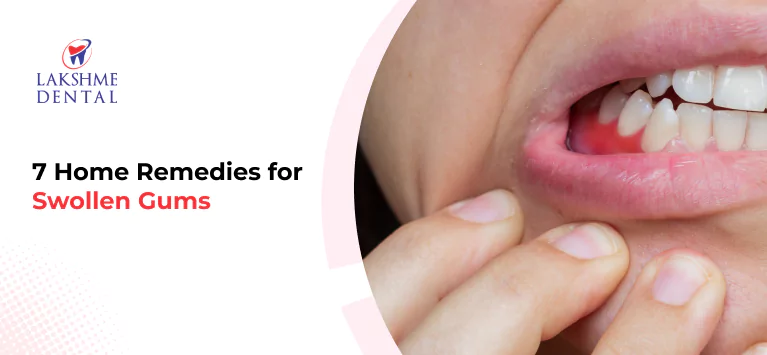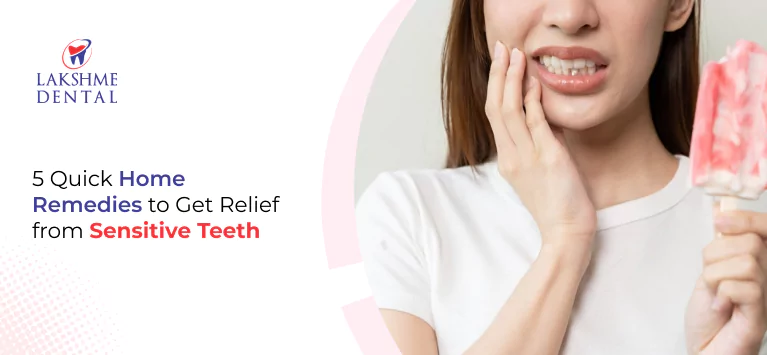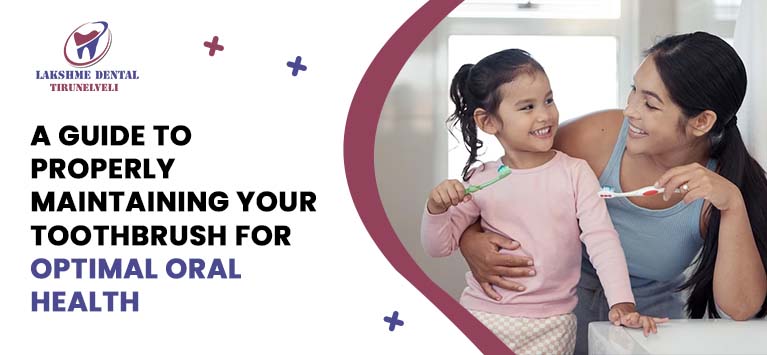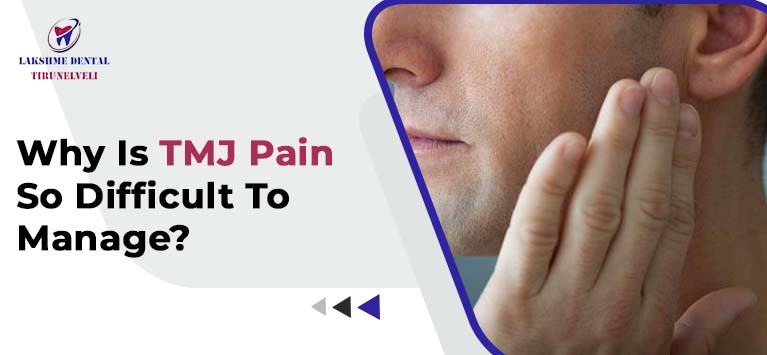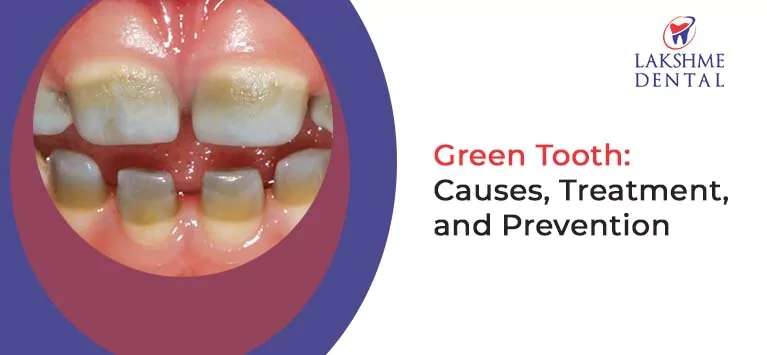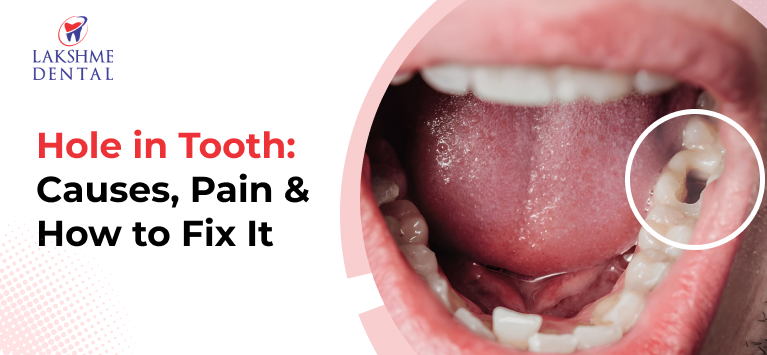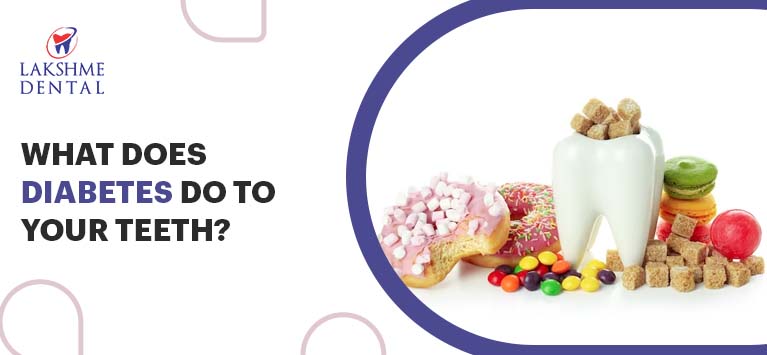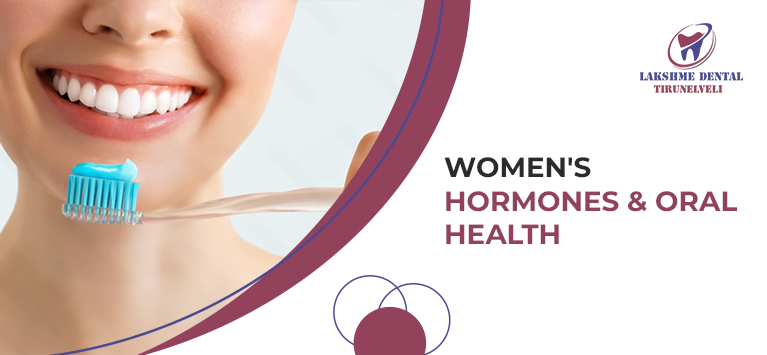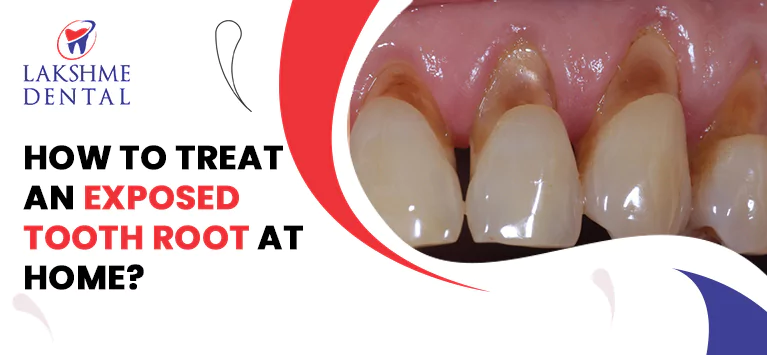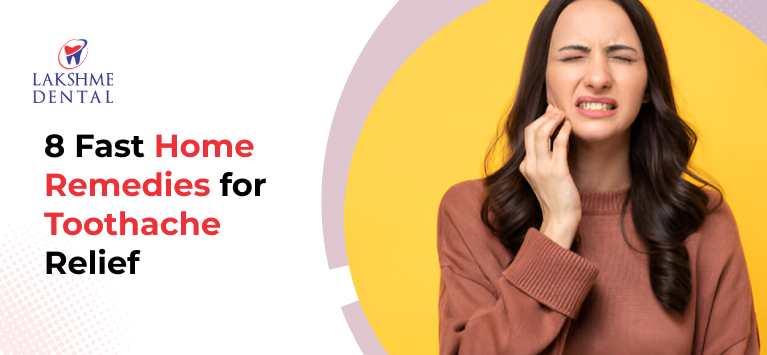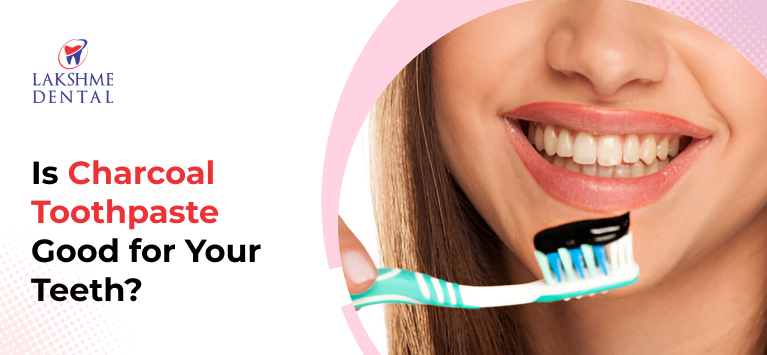
Is Charcoal Toothpaste Good for Your Teeth?
Key Facts
- No charcoal toothpaste has the ADA Seal of Acceptance.
- Evidence for whitening is weak, only mild surface stain removal.
- Overuse can cause enamel erosion and sensitivity.
- Most charcoal toothpastes lack fluoride, increasing cavity risk.
- Safer whitening alternatives are available through your dentist.
Charcoal toothpaste can remove some surface stains, but it doesn’t whiten teeth like professional treatments. Excessive use can wear down enamel and irritate your gums because of its abrasive nature. Moreover, many charcoal toothpastes do not contain fluoride, a key ingredient for protecting teeth against cavities. Dentists recommend using it sparingly (if at all) and opting for safer whitening alternatives.
What is charcoal toothpaste?
Charcoal toothpaste contains activated charcoal, a fine black powder produced by superheating natural materials such as coconut shells or wood. This process makes it highly porous, so it can bind and absorb particles, which marketers claim helps “detox” your mouth and whiten teeth.
It’s available in pastes or powders, often marketed as a “natural” alternative to regular toothpaste. But does that make it better for your teeth? Let’s find out.
Why is it so popular?
Charcoal toothpaste gained popularity through social media, where influencers showcased videos of brushing with black foam and flaunting seemingly whiter teeth.
The appeal? It looks trendy, feels natural, and promises instant whitening without chemicals. But here’s the catch: no charcoal toothpaste currently has the ADA Seal of Acceptance, meaning there’s not enough evidence to prove its safety or effectiveness.
Does charcoal toothpaste actually whiten teeth?
The short answer: not really.
Here’s what studies say:
- Charcoal toothpaste can help lift surface stains from teeth, such as those caused by coffee, tea, or smoking.
- However, it cannot change your natural tooth color or remove deep stains inside the enamel.
- Compared to peroxide-based whitening products, charcoal is far less effective.
So, if you’re expecting a Hollywood smile from charcoal toothpaste alone, you’ll likely be disappointed.
Is charcoal toothpaste safe for enamel and gums?
This is where things get concerning. Charcoal toothpaste is often more abrasive than regular toothpaste. Over time, this can:
- Erode the enamel, the protective outer layer of your teeth
- Expose dentin, making teeth look yellow and sensitive
- Irritate gums or cause micro-scratches
Once enamel is gone, it cannot grow back. That’s why dentists advise extreme caution when using abrasive products.
The fluoride gap: a big problem
Most charcoal toothpastes are fluoride-free. While this sounds like a good thing in marketing terms, it’s a major dental risk. Fluoride strengthens enamel and prevents cavities. Without it, you increase your chances of tooth decay especially if charcoal toothpaste is your primary toothpaste.
Other downsides of charcoal toothpaste
- Messy to use: Black residue can stain sinks and toothbrush bristles.
- Not safe for dental work: It may scratch crowns, veneers, and fillings.
- Possible ingestion risk: Charcoal can absorb medications if swallowed, though this is rare with toothpaste use.
If you still want to try charcoal toothpaste
Here’s how to minimize the risk:
- Limit its use to once or twice a week rather than making it part of your daily routine
- Brush gently with a soft-bristle brush
- Alternate with a fluoride toothpaste for cavity protection
- Stop immediately if you notice sensitivity or gum irritation
Dentist-approved whitening alternatives
If your goal is a whiter smile, these options are safer and more effective:
Whitening Toothpaste with Fluoride
Mild abrasives + fluoride = safe stain removal for daily use.
Take-Home Whitening Kits from Your Dentist
Custom trays and peroxide gels offer visible results in 1–2 weeks.
In-Office Whitening
The fastest, most effective method with professional supervision bright results in just one visit.
Final Word
Charcoal toothpaste may be trendy, but it’s far from a magical whitening solution. If you want a brighter smile without risking enamel damage, trust dentist-approved methods instead.
Frequently Asked Questions
It may help clear surface stains, but it cannot alter your teeth’s natural color.
No. Its abrasiveness can damage enamel and cause sensitivity.
Most do not, which means less cavity protection.
Not recommended—it can make sensitivity worse.
Fluoride-based whitening toothpaste, dentist-prescribed take-home whitening trays, or professional in-office whitening treatments.
Yes, it can scratch or discolor crowns, veneers, and fillings.

